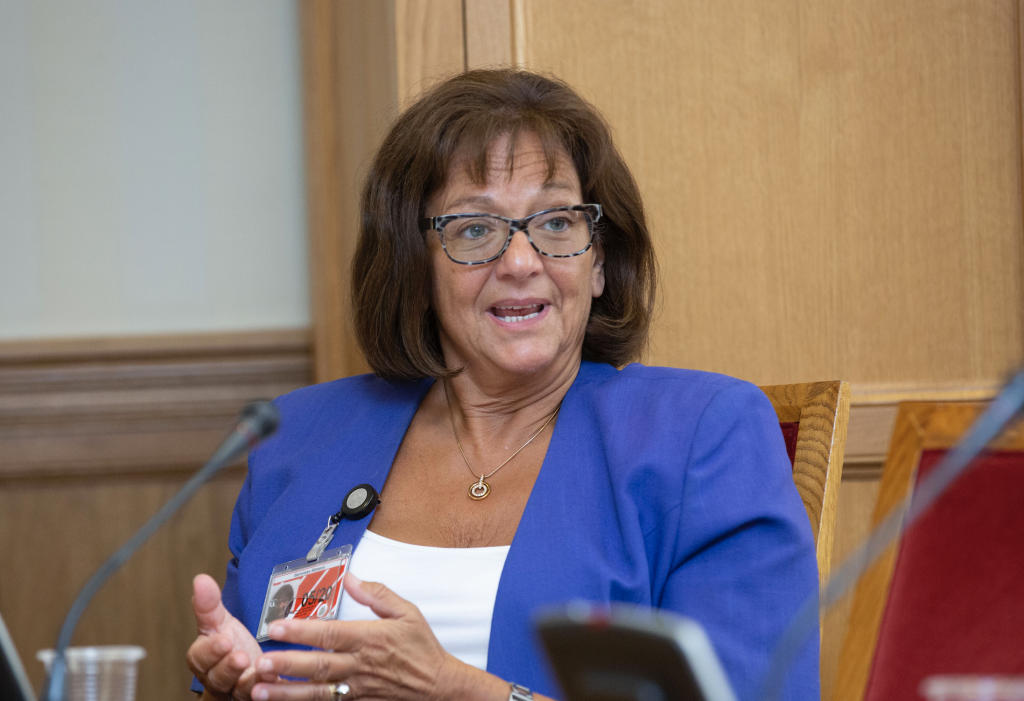The government may need the help of private-sector experts, according to Baroness Altmann, who has recommended several actions for the government to take to address underpayments of state pensions.
134,000 people, most of whom were women, received inadequate state pensions according to DWP estimates. This has been attributed to complex rules, outdated computer systems, manual processing overlays, and a lack of error checking.
In order to correct the issues, it would be necessary to bring in private sector expertise in order to enhance staff training, improve public helplines, and increase resources dedicated to correction processes, according to Baroness Altmann.
Baroness Altmann says: “If necessary, additional external specialist staff from the private sector should be brought in, perhaps from actuarial firms and pension administration companies, such as those who are used to dealing with the complexity of contracting out calculations for Defined Benefit schemes, to add the required expertise.”
Additionally, she suggests determining whether divorced women are more seriously affected than previously thought.
She says: “Divorced women could be entitled to a full £137.60 a week pension, but 40,000 are receiving less than £82.45 per week, suggesting many are losing out. The DWP told the NAO it had not found any significant evidence of errors in processing divorced pensioner entitlements, however, Sir Steve Webb discovered several examples of divorced women receiving too little or no pension. The Department has admitted these errors and paid them significant arrears. With 720,000 divorced women in total and 153,000 partner records, the DWP says it is unable to trace, surely a wider investigation of divorcees’ state pension is needed.”
Baroness Altmann also proposed that the government pay interest and compensation on any arrears, as well as write to everyone over the age of 80 who is not receiving their full Category D pension of £82.45.
“Since these underpayments have occurred due to official errors, the Government should pay interest on any arrears and those who have faced hardship should receive some compensation too. Before January 2021, those who were underpaid did receive interest, but that has stopped now.”
She adds: “Over-80s are automatically entitled to £82.45 a week, regardless of their NI record, as long as they have been living here. Government should try to contact and trace any over-80s receiving less than this, or no pension at all.”
Another suggestion is that information be made available to the public so that they know how to claim any arrears.
Baroness Altmann says: “Many older people are still unaware their pensions are too low. Around a million households are not claiming Pension Credit, so the poorest pensioners may be living on far less than they should. A public information campaign to help people find out about money available to them is urgently needed.”
Finally, Baroness Altmann emphasises the importance of ensuring that new state pension claims are not delayed due to staff shortages.
She says: “The complexities of the old system are still part of the new state pension, so specialists familiar with the old calculations are needed for new claims. Lack of experts in-house has caused delays to new pensioners receiving their payments, and if external staff cannot be found quickly, it may be necessary to start paying an interim State Pension until accurate calculations are made for new claimants. Not paying pensions on time leaves many without any money. Many have found their other benefits stopped as they reached state pension age, and have ceased work expecting their pension to start, only to find they have nothing to live on.”
